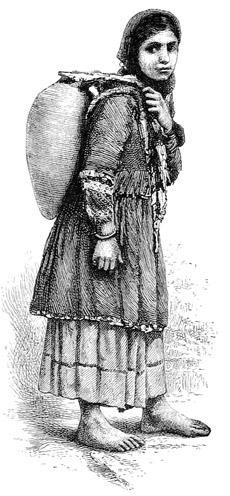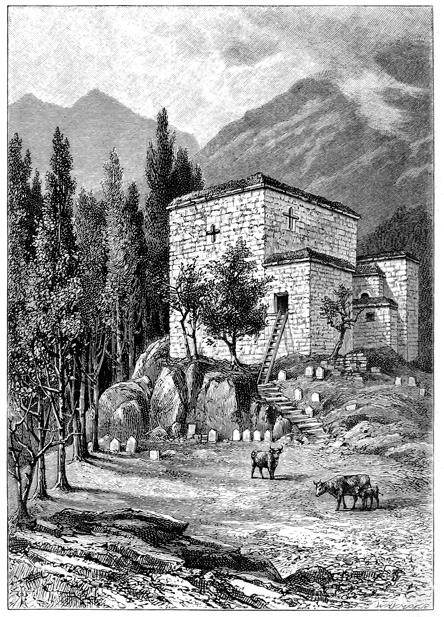I think the label ‘traveler’ is not accurate when describing Isabella Bird. She was an explorer, writer, naturalist and photographer who was born in England. Despite suffering from headaches, insomnia and back pain which later was operated on and a tumour removed from her spinal area she set out to travel extensively around the globe at the time when travelling was perilous, hard and transportation still on horseback in many places. Isabella was just under five feet tall and usually travelled unarmed and alone and came close to death several times in her journeys.
Strong willed with a sharp intellect it seemed the universe gave her the energy she needed to overcome her physical ailments and fulfil her wish to see the world.
Her travels took her to Canada, America, Hawaiian Archipelago, New Zealand, Australia, Japan,China, Korea, Tibet, Solomon Island, Indonesia, Malay Peninsula, India and Persia.
She travelled for six months in Iran, Kurdistan and Turkey. She wrote a book based on her travel experiences in Iran and the Kurdish region titled: ‘Journeys in Persia and Kurdistan: Including a summer in the upper Karun region and a visit to the Nestorian Rayahs.’ Her journey has been described as “a tour-de-force for a woman of nearly 60. It earned her membership of the Royal Geographical Society in London in 1893.”
Isabella not only had the heart of a lioness also was a very compassionate person. In 1888 in India she co-founded the Henrietta Bird Hospital in Amritsar and the John Bishop Memorial Hospital in Srinagar, named after her late husband. The proceeds of her book, ‘An English Woman in America,’ was used to help the poor emigrate to Canada and America.
After returning from Morocco in 1901 she became very ill and died Oct 1904. She wrote about ten books which can also be accessed for free online.

“The men, whether Indian, Persian, Beloochi, or Bakhtiari, are all quiet and well-behaved. The motto of the camps is “Silence is golden.” Hadji Hussein is quiet in manner and speech, and though he has seven muleteers, yells and shouts are unknown. There is something exciting in the prospect of travelling through a region much of which is unknown and unmapped, and overlooked hitherto by both geographical and commercial enterprise; and in the prospective good fortune of learning the manners and customs of tribes untouched by European influence, and about whose reception of a Feringhi woman doleful prophecies have been made.” Excerpt from Journeys in Persia and Kurdistan.







